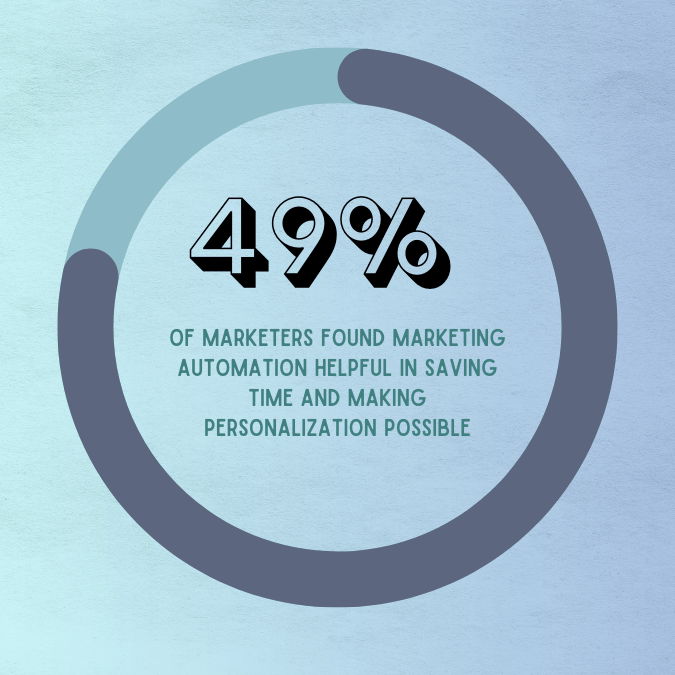
Marketing automation has revolutionized how businesses approach customer engagement, lead generation, and sales. With the advent of sophisticated software platforms, companies can automate repetitive tasks, tailor content to individual preferences, and track the buyer’s journey in a way that was once unimaginable. This digital transformation has led to more efficient marketing operations, allowing brands to focus on strategy and creative endeavors. At the same time, the nuts and bolts of their campaigns run seamlessly in the background.

As we delve deeper into the era of marketing automation, we’ll explore how this technology has become a cornerstone for modern marketing strategies, the benefits it has ushered in for businesses of all sizes, and the future possibilities it holds. Stay tuned as we unfold the narrative of its ascent and its profound impact on the marketing world.
The Rise of Marketing Automation
Marketing automation has its roots in the early 2000s, born from the marketer’s need for efficiency in campaign management. It has seen an exponential growth curve since its inception. Today, in a world where digital presence is a cornerstone of business strategy, marketing automation has cemented itself as an essential tool. It aids businesses, regardless of scale, in reaching their marketing goals with increased accuracy while minimizing manual input.
In the current digital-centric era, marketing automation stands as a critical component for business success, streamlining complex campaign tasks and enabling personalized customer engagement. Its role in helping companies, from startups to large enterprises, to fine-tune their marketing efforts is invaluable. Automation enhances the effectiveness of marketing strategies and significantly reduces the workload, allowing for a more focused and strategic deployment of marketing resources.
Benefits of Marketing Automation
Increased Efficiency
One primary advantage is its ability to free up valuable time and resources. Businesses can focus on more strategic activities that require human insight and creativity by automating routine tasks such as sending emails, posting on social media, or updating CRM data.
Enhanced Personalization
Automation tools can segment audiences based on their behavior, preferences, and engagement levels. This allows for highly personalized communication, which is more likely to resonate with customers and result in higher conversion rates.
Scalability
As businesses grow, marketing efforts need to scale accordingly. Automation software makes it possible to maintain or even increase marketing activities without a proportional rise in resources or marketing staff, thus allowing for scalable growth.
Measurable ROI
With marketing automation, every action can be tracked and measured. This data-driven approach means that return on investment (ROI) can be quantified, allowing companies to understand the impact of their marketing activities and make informed decisions.
Implementing Marketing Automation
Choosing the Right Platform
Selecting the right platform is critical. The market has options, each offering a unique set of features. Businesses must consider their marketing goals, the size of their operations, integration capabilities, and budget before making a choice.
Integration with Existing Systems
To truly benefit from automation, the chosen platform must be integrated with existing systems such as CRM, e-commerce platforms, and other marketing tools. This ensures seamless data flow and a unified marketing strategy.
Training and Adoption
Investing in a marketing automation tool is just the first step. For it to be effective, marketing teams must be trained to use it properly. This means understanding the platform’s nuances and aligning its capabilities with the company’s marketing strategy.
Data Quality and Management
The success of automation is heavily dependent on the quality of data. Ensuring that data is clean, up-to-date, and well-managed is crucial. This might require regular data audits and cleanups.

Challenges and Considerations
Avoiding Over-Automation
While automation can significantly enhance marketing efforts, there’s a fine line between helpful and intrusive. Over-automation can lead to impersonal customer experiences or message fatigue. Maintaining a balance and keeping the human element in marketing is essential.
Keeping Up with the Evolution
Marketing automation tools are constantly evolving. Companies must keep up with new features and trends to ensure they use their automation tools to their fullest potential.
Privacy and Compliance
With the advent of regulations like GDPR and CCPA, businesses must ensure that their marketing practices comply with data protection laws. This includes obtaining consent for data collection and giving customers control over their information.
The Future of Marketing Automation
The future of marketing automation is poised to be transformed by AI and machine learning, enhancing capabilities such as predictive analytics, targeted audience segmentation, and personalized content dissemination. Voice interfaces and conversational AI will further refine customer interactions while personalization reaches unprecedented levels through behavior analysis. Integrating marketing channels will ensure coherent customer experiences across emails, social media, and more, with a concurrent emphasis on privacy and responsible data use. Technologies like AR, VR, and IoT will provide immersive and highly personalized marketing, with blockchain adding a layer of transparency in data usage.

Marketing automation will eventually automate the entire customer lifecycle, from onboarding to feedback, with content becoming more adaptable for various platforms. Real-time data will inform smarter email and social media strategies, ensuring optimal timing and impact. Integrating customer service into marketing, predictive analytics for customer journeys, and autonomous content creation will lead to a proactive marketing domain. Embracing ethical standards and inclusivity, marketing automation will evolve into a service model, broadening access to these sophisticated tools and aligning with brands’ sustainability missions.
What’s Next?
Marketing automation is reshaping the business landscape, offering a new way to effectively and efficiently engage customers. To truly leverage its benefits and achieve a significant return on investment, it’s crucial to have a strategic plan, continuous management, and a flexible approach to technological advancements.
As we progress through the digital age, marketing automation is a key driver of business efficiency and marketing success. It empowers organizations of all sizes to cut through the clutter and forge meaningful, scalable connections with customers.
Ready to transform your marketing strategy with automation? Reach out to Three Birds Digital for expert insights and guidance. They stand ready to help you harness the full power of marketing automation to elevate your business. Contact Three Birds Digital now and take the first step towards a smarter marketing future.




